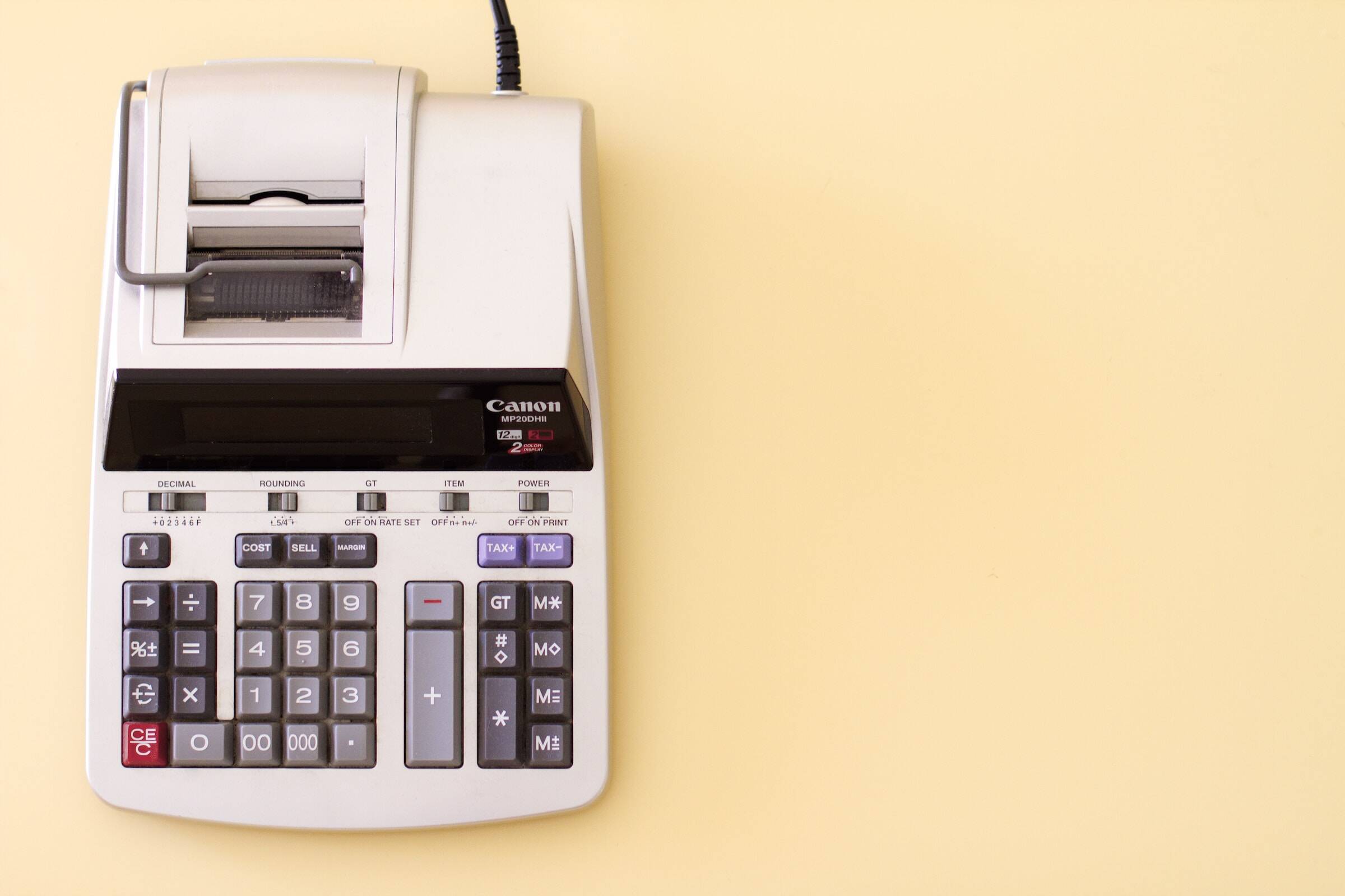HMRC scraps paper VAT registration
From 13 November HMRC will abolish the paper VAT registration form. How will new applications be made from that date?

In another bid to encourage taxpayers to go digital, HMRC will scrap Form VAT1, which is currently used to apply for VAT registration by post. From 13 November, new VAT registrations will need to be completed using the online VAT registration service. It is hoped that this will speed up the processing of VAT registration, although currently only 80% of online applications are processed within 40 working days.
Businesses that are “digitally excluded” can still use the paper form but will need to call the VAT helpline and explain why they are unable to complete the registration online. Where such businesses are represented by an agent, the agent is still required to use the online VAT registration service. A minority of businesses, such as those without a UTR or non-UK partnerships, are not currently able to use the online VAT registration service, and should also call the VAT helpline to obtain a paper form. HMRC is working to include all businesses within the service and will cease to issue paper forms to them once this becomes possible.
Related Topics
-
Changes to registration threshold?
It’s rumoured that the Chancellor will raise the VAT registration threshold from £90,000 to £120,000 to stimulate economic growth. But other reports suggest it could be cut to £30,000 to raise revenue. What would these changes mean for your business?
-
HMRC to raid bank accounts for unpaid tax
HMRC is restarting the use of direct debt recovery for individuals and businesses who choose not to pay the tax they owe despite having the means to do so. Who’s in the firing line?
-
Mortgage interest: don’t miss out on unused relief!
You own a buy-to-let property and need to report your profits for 2024/25. You have a mortgage, but your calculations show that the tax reducer will exceed the rental profit. Will the excess go to waste?

 This website uses both its own and third-party cookies to analyze our services and navigation on our website in order to improve its contents (analytical purposes: measure visits and sources of web traffic). The legal basis is the consent of the user, except in the case of basic cookies, which are essential to navigate this website.
This website uses both its own and third-party cookies to analyze our services and navigation on our website in order to improve its contents (analytical purposes: measure visits and sources of web traffic). The legal basis is the consent of the user, except in the case of basic cookies, which are essential to navigate this website.